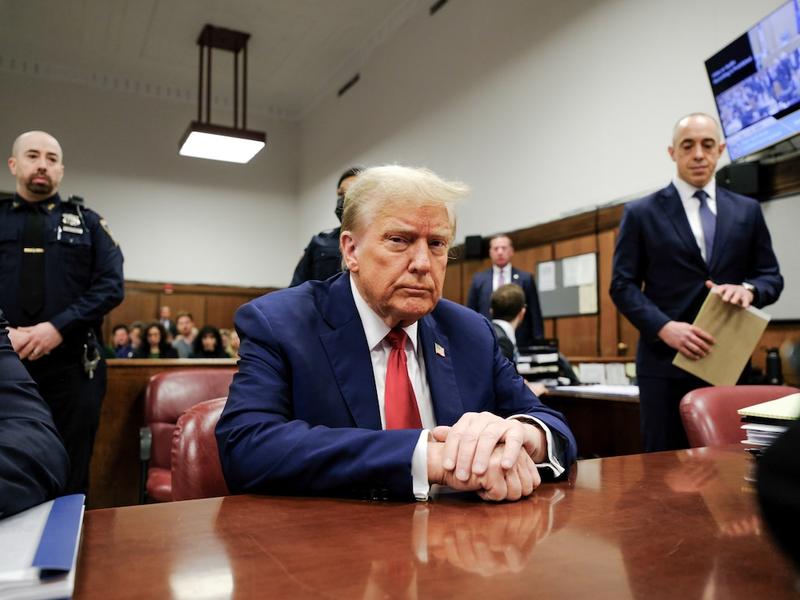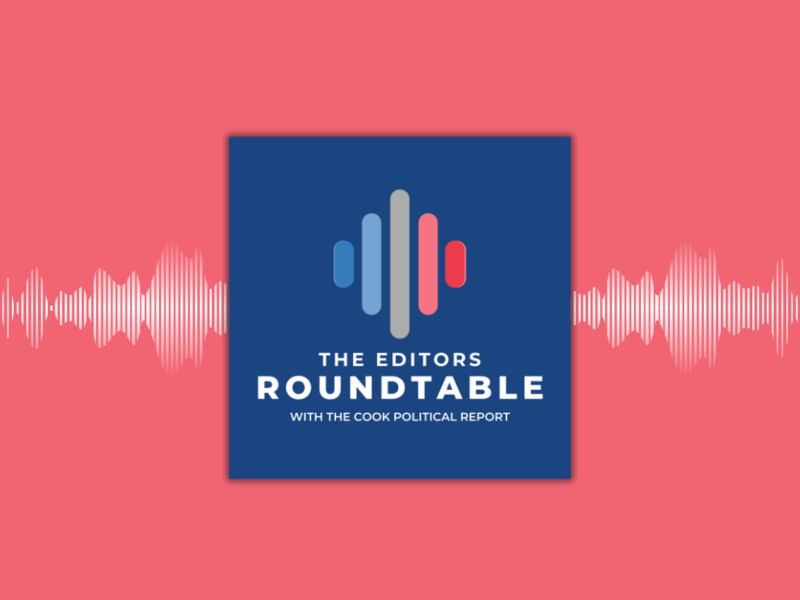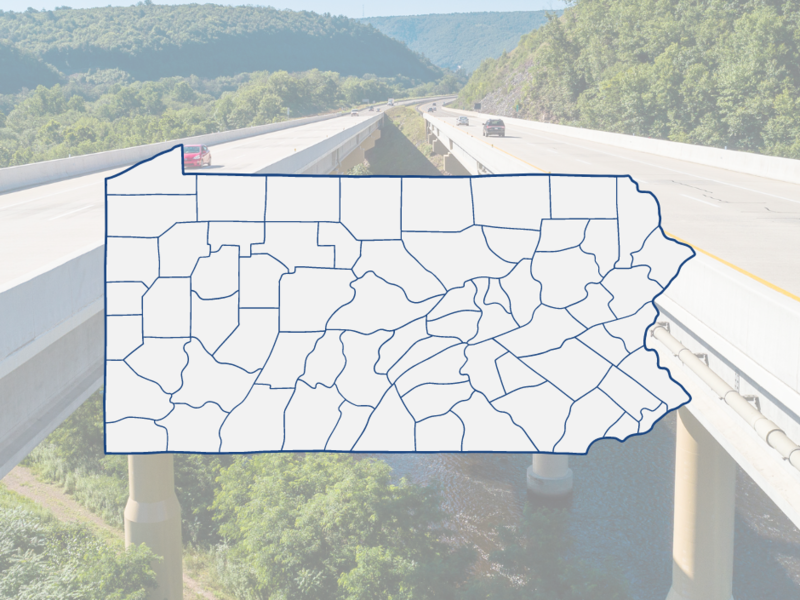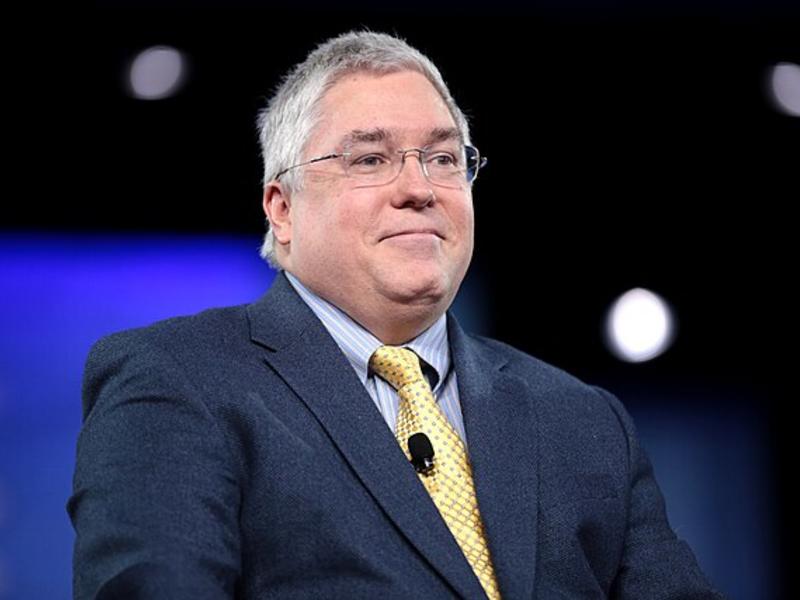
First, a disclaimer: This is not the column I set out to write.
I spent much of Monday talking and emailing with a half-dozen pollsters and campaign strategists, discussing the stark political divisions between rural and small-town voters on the one hand and urban and suburban voters on the other. Then came the news that the U.S. death toll from coronavirus had surpassed 10,000. That is more than three times the total number killed at either Pearl Harbor (2,400) or on 9/11 (3,000). Some experts are saying that the number of fatalities in the U.S. could reach 100 times either number.
Suddenly, writing about voting patterns seemed wrong.
Earlier in the day, my wife, Lucy, and I watched a playback of the Queen’s moving address about the coronavirus to the United Kingdom the night before. Then my mind went back to our own political divisions. Throughout modern American history, when our country faced serious crises and tragedies, the result was unity. We always came together, whether the result of the attack on Pearl Harbor, or the assassination of President John Kennedy, the Challenger space shuttle exploding, and of course, Sept. 11, 2001. Right now, this is not about unity or division, Americans are all hunkered down (at least those of us who are not first responders, doctors, nurses, and medical researchers; these are people that would be the greatest in any generation).
Two weeks ago, one of the wisest people I know, pollster Peter Hart, wrote: “American presidents show their special majesty and leadership when the nation is hurting. It goes back to the beginning. Leaders bind a nation in the hardest of times, helping us to recognize that our common challenges bring out the best in us. The coronavirus is presenting a massive, unprecedented challenge, but we have survived the Civil War, two World Wars, a host of illnesses, and the Great Depression. The current challenge asks this generation to exhibit our best selves and make personal sacrifices.”
Yet prior to this pandemic, it could have been easily argued that the U.S. was as badly divided as at any time since the Civil War. That raises the question: Once we are no longer under siege and this immediate crisis is behind us, will we be unified then? Does any small good come out of this?
I'm skeptical, because the current moment often calls me back to these words: “America may be more diverse than ever coast to coast, but the places where we live are becoming increasingly crowded with people who live, think, and vote like we do. This social transformation didn't happen by accident. We've built a country where we can all choose the neighborhood and church and news show most compatible with our lifestyle and beliefs. And we are living with the consequences of this way-of-life segregation. Our country has become so polarized, so ideologically inbred, that people don't know and can't understand those who live just a few miles away.”
The words were written about journalist Bill Bishop’s terrific book, The Big Sort, and are even more true today than when written a dozen years ago.
Hart, who has measured public attitudes for over a half-century, went on to write, “Presidents shine light on what is best and noble about America and its people. We celebrate heroism as we point the spotlight on the true heroes, who lead us in perilous times. These examples will set the standard for today’s leaders and those of the future, from the White House to the governors’ mansions to every realm of public and private life. Some will emerge as giants and others will not; the public will know the difference.”
Hart’s initial comments were aimed at the presidency as the singular leader of our country. But the larger question of whether those who constitute our broader national leadership, in both parties and on each end of Pennsylvania Avenue, will pursue a course worthy of prior leaders, or will we be back to business as usual?
Fred Yang, a protégé of Peter’s at Hart Research, observed on Monday, “In some respects, political division would be back to normal—which we all crave. And maybe the sheer magnitude of this pandemic and the fact that it is truly a national and global experience, might bring us together. BUT …. just like Donald Trump’s winning the presidency in 2016 was a confluence of factors years in the making, I worry that the current divergence of opinion is too wide and borne of fundamental factors (culture, economic status, values) that a big event, however searing, might not be enough to bring the country together, even temporarily. Let’s not get too Pollyannaish—there has ALWAYS been politics during our nation’s toughest times.”
And Neil Newhouse, one of the most senior Republican pollsters in the business and another very wise person, observed, “Half the voters will believe the president took the right action, and the other half will believe he's failed to meet the needs of the country. Our divisions are extraordinarily deep. This is unlikely to change a thing.”
I fear that Yang is right that there has always been politics and Newhouse will be right that things may not change at all.
This story was originally published on nationaljournal.com on April 7, 2020










Subscribe Today
Our subscribers have first access to individual race pages for each House, Senate and Governors race, which will include race ratings (each race is rated on a seven-point scale) and a narrative analysis pertaining to that race.